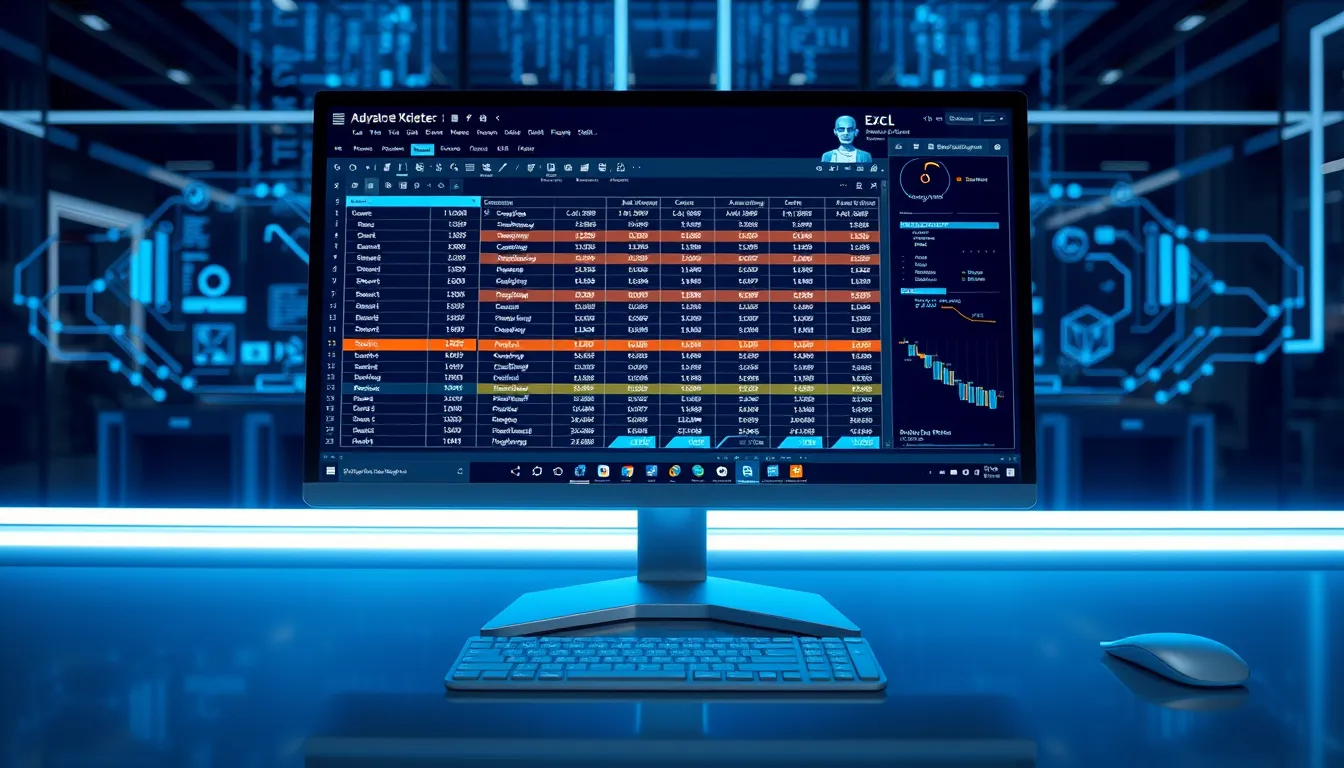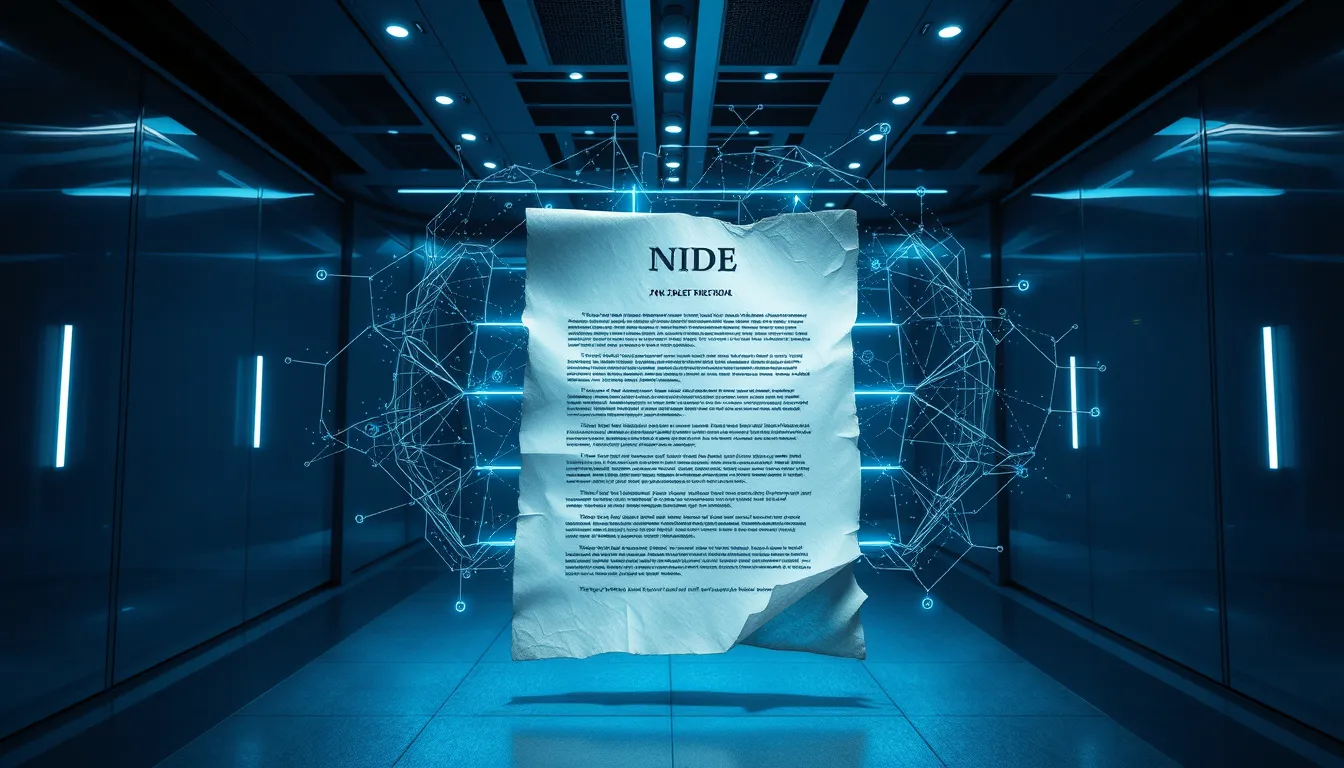Now Reading: Powerful AI in Healthcare Diagnostics: Boosting Patient Care
-
01
Powerful AI in Healthcare Diagnostics: Boosting Patient Care
Powerful AI in Healthcare Diagnostics: Boosting Patient Care

Powerful AI in Healthcare Diagnostics: Boosting Patient Care
Introduction
The rapid interplay of advanced technologies and medicine has ushered in a transformative era for the healthcare industry. At the heart of this revolution is AI in healthcare diagnostics, a field that is not only enhancing diagnostic accuracy but also revolutionizing medical imaging and disease prediction. This article explores the innovative ways AI in healthcare diagnostics is shaping patient care, highlighting its benefits and challenges while offering insight into future developments.
Understanding AI in Healthcare Diagnostics
AI in healthcare diagnostics leverages machine learning algorithms and complex data analysis to analyze images, patient histories, and laboratory results. As a result, healthcare providers can more rapidly identify disease markers and predict patient outcomes with high precision. In simple terms, AI in healthcare diagnostics helps doctors diagnose illnesses faster and more accurately than ever before.
Key Technologies and Their Impact
Several technologies are central to AI in healthcare diagnostics:
- Machine Learning: Algorithms can learn from vast datasets, enabling continuous improvement in diagnostic accuracy.
- Medical Imaging: AI enhances the analysis of X-rays, MRIs, and CT scans by identifying nuances that the human eye might miss.
- Data Analytics: By correlating patient data, AI in healthcare diagnostics supports personalized treatment plans.
Benefits of AI in Healthcare Diagnostics
- Enhanced Accuracy: Advanced algorithms reduce the likelihood of human error.
- Speed: Real-time data processing means faster diagnosis and timely treatment decisions.
- Cost Efficiency: Early diagnosis can lead to preventive measures that reduce long-term healthcare expenses.
- Improved Patient Outcomes: Targeted treatment plans ensure that patients receive care that is specific to their needs.
Implementing AI in Healthcare Diagnostics: A Step-by-Step Approach
- Data Collection: AI systems require large datasets containing diverse medical histories. Hospitals and research institutions are investing in secure data repositories.
- Training Algorithms: Sophisticated models are trained on these datasets to recognize patterns relevant to specific ailments.
- Integration into Clinical Practice: The implementation phase involves integrating these systems into existing diagnostic processes, ensuring that medical professionals can easily access AI-generated insights.
- Continuous Improvement: AI systems are continually updated with new data, refining the accuracy of AI in healthcare diagnostics over time.
Case Study: Transforming Patient Care
Recent case studies have shown the dramatic impact of AI in healthcare diagnostics. In one hospital, the implementation of AI-driven imaging analysis reduced the time taken to diagnose strokes by nearly 30%. Doctors were able to detect subtle brain anomalies far earlier than traditional methods would have allowed. This case study underscores how vital AI in healthcare diagnostics has become in critical, time-sensitive medical scenarios.
The Future of AI in Healthcare Diagnostics
Looking ahead, the future for AI in healthcare diagnostics is both bright and full of promise. Researchers are actively exploring ways to further integrate AI with wearable devices and telemedicine solutions. This integration will enable real-time monitoring and diagnostics, further personalizing healthcare and expanding access to advanced diagnostic tools. Continuous advancements in technology are expected to enhance the role of AI in healthcare diagnostics, unlocking new possibilities in patient care.
Challenges and Ethical Considerations
While the benefits of AI in healthcare diagnostics are promising, several challenges need consideration:
- Data Privacy: Ensuring that patient data remains confidential is a top priority.
- Regulatory Hurdles: Governments and health organizations are still establishing guidelines for AI usage in medicine.
- Bias in Data: Algorithms can only be as impartial as the data they are trained on, which can sometimes perpetuate biases.
Conclusion
In conclusion, AI in healthcare diagnostics stands at the forefront of medical innovation. The transformative impact of AI in healthcare diagnostics is evident through improved diagnostic accuracy, faster patient care, and innovative treatment strategies. As the technology continues to evolve, it is crucial for the healthcare industry to adopt ethical practices and robust guidelines. Embracing AI in healthcare diagnostics does not only improve patient care but also sets the stage for a future where technology and medicine work hand in hand, ensuring better health outcomes for all.
For more information on AI advancements, visit reputable sources like the healthcare innovation pages at HealthIT.gov and technology updates from Google.
By integrating AI in healthcare diagnostics judiciously, the medical community can harness the full potential of technology to create a more efficient, accurate, and patient-centered healthcare system. The journey towards smarter, more reliable diagnostics has only just begun, and the future holds endless possibilities.

























